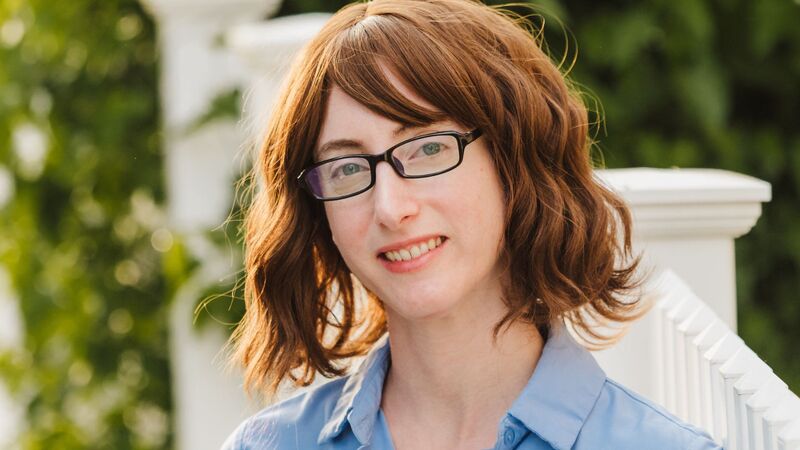You are viewing your 1 free article this month. Login to read more articles.
Cambridge Dictionary crowns ‘Manifest’ as 2024’s word of the year
‘Manifest’ has been crowned Cambridge Dictionary word of the year.
The controversial global trend of manifesting has driven Cambridge Dictionary’s Word of the Year for 2024. ‘Manifest’ was looked up almost 130,000 times on the Cambridge Dictionary website, making it one of the most-viewed words of 2024.
Beyond ‘manifest’, other popular terms in 2024 included ‘brat’ (recently named Collins’ word of the year), ‘demure’, ‘Goldilocks’, and ‘ecotarian’.
Newly emerging words – which are considered for entry in the dictionary and shared every week on the Cambridge Dictionary blog, About Words – include ‘quishing’, ‘resenteeism’, ‘gymfluencer’, ‘cocktail party problem’ (also ‘cocktail party effect’), as well as a new definition for ‘vampire’.
The Cambridge Dictionary said that the word ‘Manifest’ increased from use in the self-help community and on social media to being widely used across mainstream media and beyond, with celebrities such as Dua Lipa, Olympic gymnast Simone Biles and England striker Ollie Watkins describing manifesting their success this year.
Mentions of it apparently gained traction during the pandemic and have grown in the years since, especially on TikTok and other social media, where millions of posts and videos used the hashtag #manifest.
Wendalyn Nichols, publishing manager of the Cambridge Dictionary, said: “When we choose a Cambridge Dictionary Word of the Year, we have three considerations: What word was looked up the most, or spiked? Which one really captures what was happening in that year? And what is interesting about this word from a language point of view?
“‘Manifest’ won this year because it increased notably in lookups, its use widened greatly across all types of media due to events in 2024, and it shows how the meanings of a word can change over time.”
They use “to manifest” in the sense of: ‘to imagine achieving something you want, in the belief that doing so will make it more likely to happen’.
Dr Sander van der Linden, author and professor of social psychology at the University of Cambridge, said: “Manifesting is what psychologists call ‘magical thinking’ or the general illusion that specific mental rituals can change the world around us.
“Manifesting gained tremendous popularity during the pandemic on TikTok with billions of views, including the popular 3-6-9 method, which calls for writing down your wishes three times in the morning, six times in the afternoon and nine times before bed. This procedure promotes obsessive and compulsive behaviour with no discernible benefits.
“‘Manifesting’ wealth, love, and power can lead to unrealistic expectations and disappointment.
“There is good research on the value of positive thinking, self-affirmation, and goal-setting... However, it is crucial to understand the difference between the power of positive thinking and moving reality with your mind – the former is healthy, whereas the latter is pseudoscience.”
The dictionary said of the word’s evolution: “The 600-year history of the word ‘manifest’ shows how the meanings of a word can evolve. The oldest sense – which Geoffrey Chaucer spelled as ‘manyfest’ in the 14th century – is the adjective meaning ‘easily noticed or obvious’.
“In the mid-1800s, this adjective sense was used in American politics in the context of ‘manifest destiny’, the belief that American settlers were clearly destined to expand across North America.” The word was also used as an adjective in ‘The Merchant of Venice’.




















